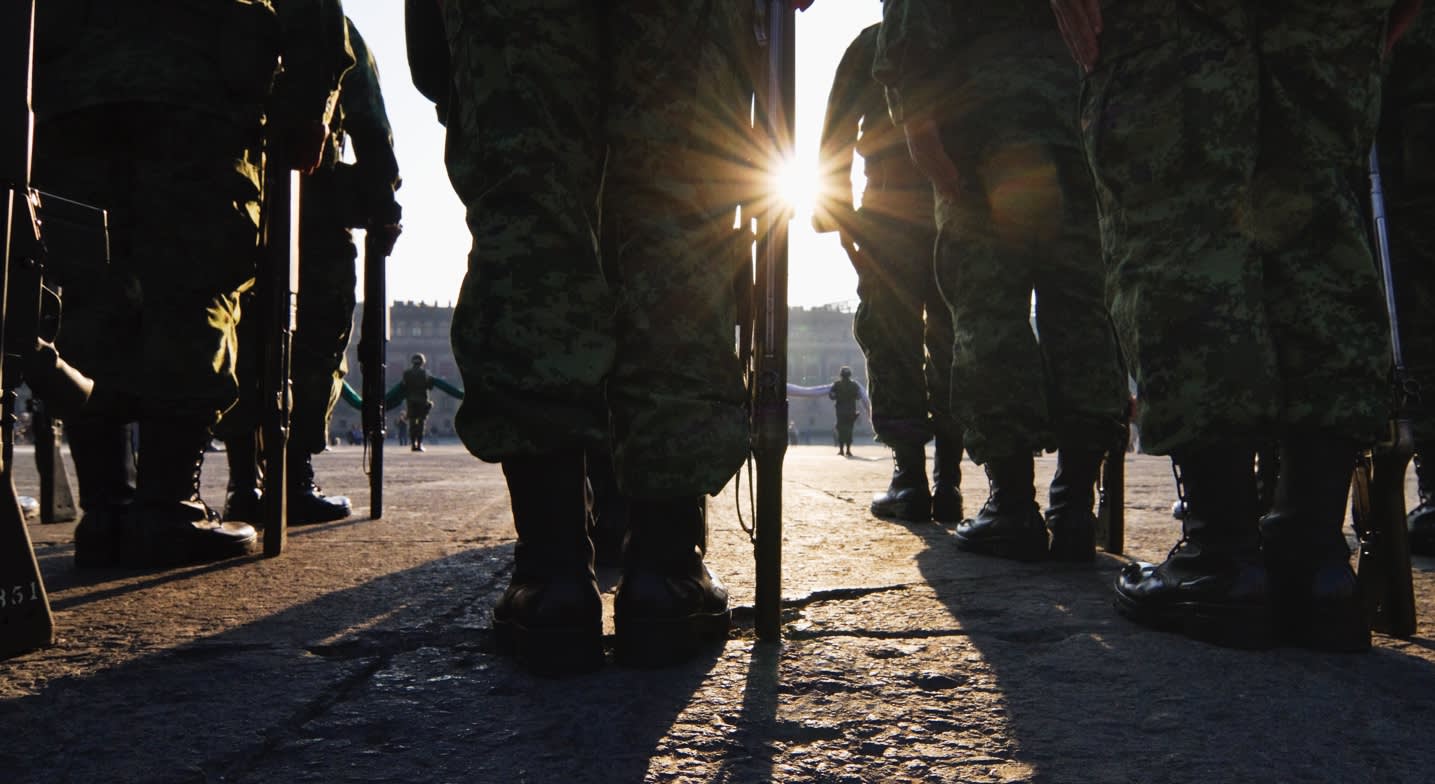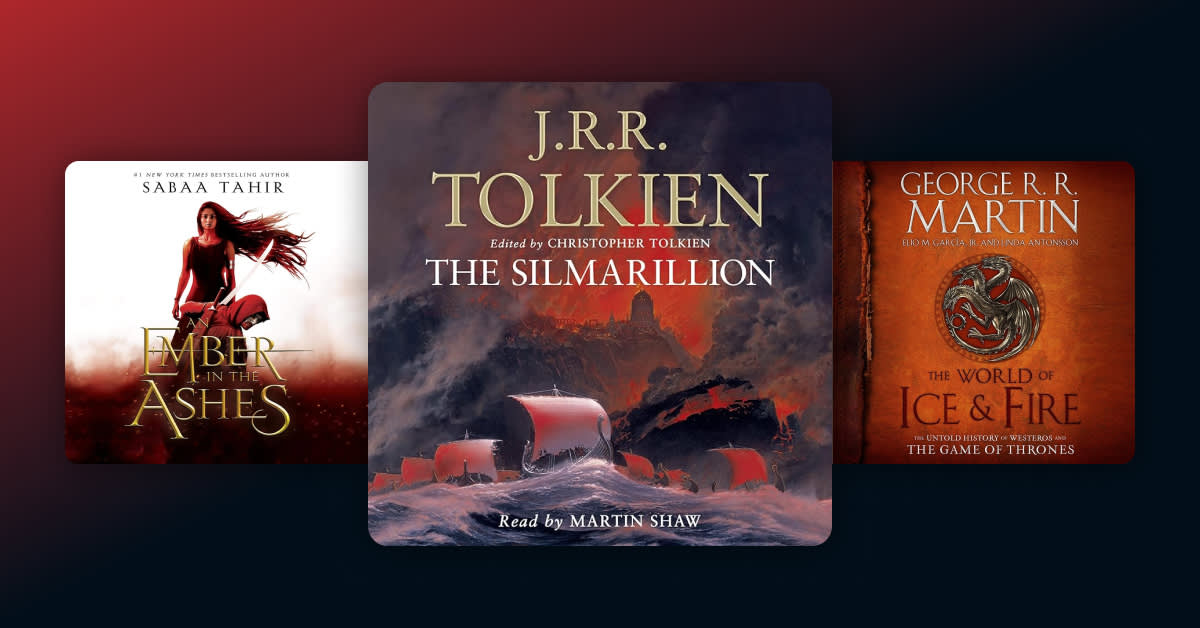Less than one percent of the U.S. population has served in the conflicts in Iraq and Afghanistan throughout the 2000s. Most Americans don’t know someone who fought in those wars — let alone understand what these veterans went through “over there.” That gap has been called the military-civilian divide.
But in the last decade, a bridge is being built between that divide in an unexpected way: a wave of critically acclaimed war literature by veterans of the Middle East operations, writing about the very conflicts they served in, or their experiences coming home. “It’s as real as I can make it,” writes Brian Castner, one of those veteran authors, and that quote tidily summarizes what unites modern war lit. These books — eight of which you’ll see below — present an opportunity for civilians to better understand what these soldiers went through, and what it was like over there, where even the soldiers themselves weren’t always sure what they were accomplishing.
While none of the authors presume their individual works speak for all veterans’ experiences, collectively they do offer willing readers a comprehensive range of experiences and insights — and not just into the Iraq and Afghanistan conflicts; like all great war books, they achieve something universal. They are all a testament to, as Ross Ritchell puts it in the dedication in his novel about the Iraq War, “those who do it, those who did, and those who will.” But the eight books below — and the trend they belong to — especially afford the chance to better understand that less than one percent so few of us know.
Powers — a former machine gunner in Iraq — is a poet, and his novel often reads like poetry. There are lyrical passages in it that can take your breath away. This 2013 Hemingway/PEN Award winner centers on Private John Bartle, who makes a promise to his friend’s mother that he’ll protect her son. It’s a promise he can’t keep, but with a narrative that leaps back and forth between Bartle in war and at home, it makes a mystery out of what exactly happened. But The Yellow Birds isn’t so much a mystery really, as it is a look at the isolation PTSD digs soldiers into when they come home, as well as the guilt and trauma that can act as the shovel. It captures the aching toll of war (nicely conveyed by the softness that narrator Holter Graham’s voice lends the novel), especially when soldiers want nothing more than to protect each other — but can’t.
“Fobbit” was the nickname given to soldiers in Iraq who worked out of Forward Operation Bases (FOB), away from the action. It’s that setting, and its inhabitants, that Abrams — himself a former Fobbit — uses to write a Catch 22-like satire about the comic absurdity of military bureaucracy and the struggle to positively spin a confusing war to the American people. It’s a distinct look at a different kind of solider and war experience — those who saw it from afar, despite being there.
This acclaimed 2014 National Book Award winner is made up of twelve stories and written by a former U.S. Marine in Iraq. Together the stories represent a broad range of veteran experiences — everything from gunfights in Iraq, to soldiers acclimating to college post-war, or being asked to tell war stories in bars. But what makes Redeployment the masterpiece it’s called by some (aside, too, from Klay’s mastery of the short-story form), is its nuanced depiction of war, its fallout, and how both can become ravenous black holes lodged into a soldier’s soul. That can be especially appreciated through Craig Klein’s narration as his voice seamlessly moves from the gravelly and hard voice of grunts in combat to the soft and quiet of moments of vulnerability.
Written by a former Ranger, The Knife follows Dutch Shaw, the leader of a special operations team tasked with combating a fictional terrorist organization “over there.” Now, summarized, that premise might sound like a high-octane Michael Bay action movie, but it’s not. What makes Ritchell’s novel so compelling is the depiction of the schizophrenic fluctuations of daily life for soldiers: stretches of mundane waiting and boredom, giving way to the relentless violence and chaos of war. It’s also one of the best glimpses in the current wave of war literature of the bond that soldiers formed overseas, and how fundamentally it was part of the experience.
Green on Blue (a term used to describe clashes between Afghanis and Americans) is unlike the other novels on this list. That’s because Ackerman — a U.S. Marine Corps veteran — tells a story about someone from the other side of the conflict: a young Afghani boy trained to be a fighter by Americans and seeking revenge against the Taliban leader who hurt his brother. Other novels do touch on depicting the struggles of the people of Afghanistan or Iraq with empathy, but Green on Blue goes further than most — even so far as to present American forces in not the kindest of lights. Yes, the above may not necessarily provide as much understanding about veterans as other books do, but it’s still important to not overlook trying to understand the war itself, too ... including those whom the soldiers were fighting with and against.
While part of Castner's autobiographical book covers the tension of his profession as a former Explosive Ordinance Disposal Officer (think: Jeremy Renner in The Hurt Locker), the real power of his story is what he went through when he came home. Struggling with what he believed to be symptoms of PTSD, he finds out instead that he has a traumatic brain injury. In that way, The Long Walk offers a chance to better understand a common — but not as frequently talked about — ailment soldiers come home with and struggle to adapt to. A struggle, by the way, made even more authentic thanks to Castner himself providing the narration for the book.
With Youngblood, Gallagher — a former U.S. Army Captain — gives the Iraq War its version of Graham Greene’s The Quiet American. The protagonist, Lt. Jack Porter, is surrounded by two mysteries: one around whether a new staff sergeant committed a war crime, and the other around an American solider who died under mysterious circumstances after falling in love with a local woman. This is more of a mystery than The Yellow Birds, but it nonetheless offers the chance to understand other parts of the military experience overseas: the internal hierarchies (and conflicts) between soldiers, the complexity of the relationships between soldiers and locals, and the challenge soldiers can face trying to maintain honor (and sanity) in the morally grey circumstances of war.
Scranton — a U.S. Army vet — in an essay once criticized what he saw as “the trauma hero myth” in a lot of war literature. Which is to say: don’t expect to see that in his novel, War Porn. It is sometimes uncomfortable and confrontational (though never dishonest), but that’s the point: it’s meant to challenge and reflect on what was often an uncomfortable war. It does all that through three sections — a soldier patrolling the streets “over there,” an Iraqi teacher who translates for the military, and a barbeque that goes wrong in Utah. Along the way, Scranton’s novel offers an important alternative look at the war, especially at soldiers who came home deeply critical of the war they served in and unable to find redemption for what they did.
















